初一英语基础知识(四)----冠词的用法
初中阶段的英语语法比较简单,尤其初一阶段,读读记记的东西占大多数。但是仍旧不能掉以轻心。为此伊顿教育小编为大家整理了初中英语基础知识中冠词的用法供大家参考,包含单词、例句等。更多教育咨讯,敬请关注伊顿教育网站初中英语栏目!
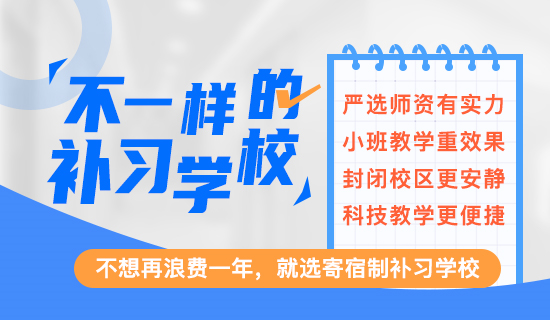
四、冠词的用法
1.冠词概述:是一种虚词,放在名词的前面,帮助说明名词的含义。英语冠词有3个,它们是a, an和the。冠词分为不定冠词和定冠词两种。
(1)a, an是不定冠词。a用在以辅音音素开头的词前面,读音强

;an用在以元音音素开头的词前面,读音强

。如:a book

一本书;a man

一个男人;an hour

一小时;a useful animal

一个有用的动物(u读 ![]()
,因辅音音素/j/开头,故用a)。 (2)the是定冠词,用在以辅音音素开头的词前面,读音 
;用在元音音素开头的词前面读音
。如:the bike

(这辆)自行车;the girl

(这位)女孩;the American song

美国歌曲;the old man

(这位)老人。#p#副标题#e#
2.不定冠词的基本用法:
(1)泛指某一类人或事物中的一个,代表某一类别(不译为“一”)。
e.g.His father is a doctor.
他父亲是医生。
(2)代表某一类人或事物,相当于any(+名词)(不必译为“一”,但需要用a,表示类别)。
e.g.A student should study hard.
学生应当努力学习。
(3)指某人或某物(不是指某一类),但不具体说明何人或何物(一般译为“一”)。
e.g.This book was written by a worker.
这本书是一位工人写的。
(4)表示数量,有“一”的意思,但数的概念没有one强烈(一般译为“一”)。
e.g.I have a mouth, a nose and two eyes.
我有一张嘴,一个鼻子,两只眼睛。
(5)表示单位,相当于“每”的意思。
e.g.He walks ten li an hour.
他1小时走10里。
(6)用于某些固定词组中,如:a few, a little, a bit, a lot of中等。
(7)注意不定冠词在下列搭配中的位置。
在half, such, what, rather, many之后;在as, so, how, too修饰的形容词之后。
e.g.I have never met such a nice girl. (=I’ve never met so nice a girl.)
我从未见过这么好的女孩。
3.定冠词的基本用法:
(1)特指某(些)人或某(些)事物。
e.g.Give me the book.
把那本书给我。
(2)指谈话双方都知道的人或事物。
e.g.Where is the doctor?
医生在哪儿?
(3)复述上文提到过的人或事物。
e.g.I bought an English story book and a dictionary yesterday. The story-book is on the desk. The dictionary is at home.
昨天我买了一本英文故事书和一本词典。故事书在书桌上,词典在家里。
(4)用在大家所熟悉的、世界上无二的事物前。
e.g.The earth is bigger than the moon, but smaller than the sun.
地球比月亮大,但比太阳小。
(5)用在序数词和形容词较高级前。
e.g.Mr. Wang teaches the first class.
王老师上第一节课。
Of all the stars, the sun is the nearest to the earth.
在的恒星中,太阳离地球较近。
(6)用在单数可数名词前,表示某一类人或事物。
e.g.The horse is a useful animal.
马是有用的动物。#p#副标题#e#
(7)与下列专有名词连用。
①用在江、河、湖、海、群岛、山脉的名称前。
e.g.the Changjiang River 长江
the Great Lake 大西洋
②用在普通名词和形容词构成的专有名词前。
e.g.the United Nations 联合国
the People’s Daily 《人民日报》
the Great Wall 长城
the People’s Liberation Army 中国人民解放军
③用在姓氏的复数名词前,表示全家人。
e.g.The Creens are sitting at the breakfast table.
格林一家人正围坐在早餐桌旁。
(8)和某些形容词连用,表示一类人。
e.g.the old 老人
the young 年轻人
the rich 富人
the poor 穷人
the sick 病人
the dead 死人
(9)用在乐器名称前。
e.g.play the piano 弹钢琴
play the violin 拉小提琴
(10)用在表示方向的名词前。
e.g.The sun rises in the east.
太阳从东方升起。
(11)用在一些习惯说法中。
e.g.in the morning (afternoon, evening)
on the left (right)
in the end
go to the cinema
- 热门课程
- 热门资讯
- 热门资料
- 热门福利
-
 西安方正补课学校咨询电话是多少?校区位置在哪里?家里孩子成绩实在是愁人,给他选择一所补习学校提升成绩是家长最想做的事儿,听说西安方正补课学校还不错,师资优质,管理严格,那它的咨询电话是多少呢?校区位置又在哪里呢?本文将跟大家详细聊聊这两个问题,希望对大家有帮助。 西安方正补课学校咨询电话是多少? 为了方便大家联系到西安方正补课学校,它们设
西安方正补课学校咨询电话是多少?校区位置在哪里?家里孩子成绩实在是愁人,给他选择一所补习学校提升成绩是家长最想做的事儿,听说西安方正补课学校还不错,师资优质,管理严格,那它的咨询电话是多少呢?校区位置又在哪里呢?本文将跟大家详细聊聊这两个问题,希望对大家有帮助。 西安方正补课学校咨询电话是多少? 为了方便大家联系到西安方正补课学校,它们设 -
 西安伊顿教育高三冲刺班值得推荐吗?高三找辅导班效果好不好?很多高三学生有提升成绩的需求,那选择辅导班是很常见的,但有些学生和家长就想知道,高三找辅导班学习的效果好不好呢?如果选择辅导班,推荐西安伊顿教育高三冲刺班吗?本文将跟大家详细聊聊这两个问题,希望对大家有帮助。 高三找辅导班效果好不好呢? 高三阶段复习任务繁重,知识点多且复杂,学生很容易出现知
西安伊顿教育高三冲刺班值得推荐吗?高三找辅导班效果好不好?很多高三学生有提升成绩的需求,那选择辅导班是很常见的,但有些学生和家长就想知道,高三找辅导班学习的效果好不好呢?如果选择辅导班,推荐西安伊顿教育高三冲刺班吗?本文将跟大家详细聊聊这两个问题,希望对大家有帮助。 高三找辅导班效果好不好呢? 高三阶段复习任务繁重,知识点多且复杂,学生很容易出现知 -
 西安伊顿教育高三冲刺班值得选吗?高三如何刷题才有效?很多高三的学生有提升成绩的需求,有人依靠补课班,有人依靠刷题,那刷题也讲究方式方法,高三如何刷题才有效呢?如果选择补课班,西安伊顿教育高三冲刺班是值得选的吗?本文将跟大家详细聊聊这两个问题,希望对大家有帮助。 西安伊顿教育高三冲刺班值得选吗? 西安伊顿教育高三冲刺班是值得大家重点考虑的补课班
西安伊顿教育高三冲刺班值得选吗?高三如何刷题才有效?很多高三的学生有提升成绩的需求,有人依靠补课班,有人依靠刷题,那刷题也讲究方式方法,高三如何刷题才有效呢?如果选择补课班,西安伊顿教育高三冲刺班是值得选的吗?本文将跟大家详细聊聊这两个问题,希望对大家有帮助。 西安伊顿教育高三冲刺班值得选吗? 西安伊顿教育高三冲刺班是值得大家重点考虑的补课班 -
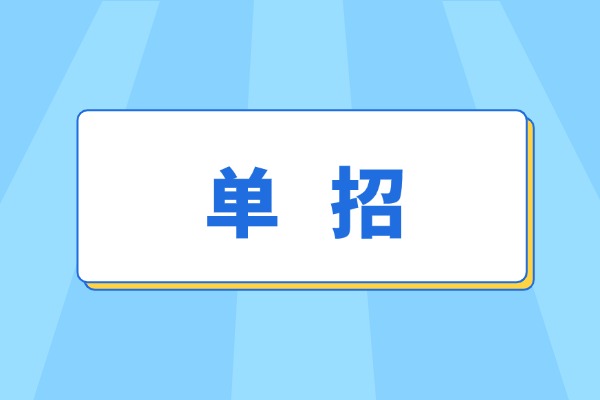 2026年陕西单招面试常见问题汇总(附回答思路)2026年陕西单招报名已经结束了,很多学生投入到备考当中,除过文化课的学习外,面试环节也不能轻视。小编给大家整理了几个在面试时会出现的问题,在这里分享给大家,希望对大家有帮助。 你为什么选择报考这个专业? 答题思路:结合个人兴趣、专业特点、就业前景,避免“随便报的”“家人让报的”等表述,体现
2026年陕西单招面试常见问题汇总(附回答思路)2026年陕西单招报名已经结束了,很多学生投入到备考当中,除过文化课的学习外,面试环节也不能轻视。小编给大家整理了几个在面试时会出现的问题,在这里分享给大家,希望对大家有帮助。 你为什么选择报考这个专业? 答题思路:结合个人兴趣、专业特点、就业前景,避免“随便报的”“家人让报的”等表述,体现
-
 清华大学1933年高考试卷什么样?8个科目仅一张考卷,且仅有8道题说起清华大学,那还真不是一般的难考呀,翻看往年的录取分数线,我们不难发现除了个别特殊的省份外,较低都在600以上呢,这么高的分数恐怕只有各省较好高中的尖子生才能进去吧! 如果想获取更多学校资讯、学校轶事、大学、学习资料以及自主招生方面相关的信息,小鱼老师分享大家去关注考学校公众
清华大学1933年高考试卷什么样?8个科目仅一张考卷,且仅有8道题说起清华大学,那还真不是一般的难考呀,翻看往年的录取分数线,我们不难发现除了个别特殊的省份外,较低都在600以上呢,这么高的分数恐怕只有各省较好高中的尖子生才能进去吧! 如果想获取更多学校资讯、学校轶事、大学、学习资料以及自主招生方面相关的信息,小鱼老师分享大家去关注考学校公众 -
 观神州十三号发射直播有感 神州十三号发射观后感作文最近我们航天事业频频传来喜报,神州十三号又成功发射了。不知道大家有没有去观看直播呢?相信咱们看了直播的心中一定是无比激动和自豪,大家也有想说话来表达自己激动的心情,这里呢就有几篇是关于观看神州十三号发射的观后感,我们来看看大家都是怎样形容自己的心情的。 观神州十三号发射直播有感 神州十三号发射
观神州十三号发射直播有感 神州十三号发射观后感作文最近我们航天事业频频传来喜报,神州十三号又成功发射了。不知道大家有没有去观看直播呢?相信咱们看了直播的心中一定是无比激动和自豪,大家也有想说话来表达自己激动的心情,这里呢就有几篇是关于观看神州十三号发射的观后感,我们来看看大家都是怎样形容自己的心情的。 观神州十三号发射直播有感 神州十三号发射 -
 观《长津湖》有感作文 电影长津湖观后感近期热映电影《长津湖》让我们每个人的心灵震撼,这部电影讲述了抗美援朝时期的战争,在电影院看这部电影的观众们无一不是感动到热泪,走出影院的步伐也是沉重的。《长津湖》反映了抗美援朝时期的中国人民志愿军为捍卫祖国,保家卫民浴血战场,我们来看大家对这部影片看完后的感想,分享几篇电影长津湖观后感作文给到你
观《长津湖》有感作文 电影长津湖观后感近期热映电影《长津湖》让我们每个人的心灵震撼,这部电影讲述了抗美援朝时期的战争,在电影院看这部电影的观众们无一不是感动到热泪,走出影院的步伐也是沉重的。《长津湖》反映了抗美援朝时期的中国人民志愿军为捍卫祖国,保家卫民浴血战场,我们来看大家对这部影片看完后的感想,分享几篇电影长津湖观后感作文给到你 -
 孟晚舟回国作文素材 孟晚舟高考热点写作角度最近孟晚舟回国的消息另大家振奋,经历这么长时间的家,她终于要回来了,相信各方都在努力争取孟晚舟女士能够早日回国。终于我们的努力没有白费,孟晚舟女士终于回到了祖国母亲的怀抱。如果将其作为高考的热点,可能会出现在作文当中,下面分享关于孟晚舟女士回国事件主题的写作角度和作为素材。 主题:孟晚舟回国
孟晚舟回国作文素材 孟晚舟高考热点写作角度最近孟晚舟回国的消息另大家振奋,经历这么长时间的家,她终于要回来了,相信各方都在努力争取孟晚舟女士能够早日回国。终于我们的努力没有白费,孟晚舟女士终于回到了祖国母亲的怀抱。如果将其作为高考的热点,可能会出现在作文当中,下面分享关于孟晚舟女士回国事件主题的写作角度和作为素材。 主题:孟晚舟回国









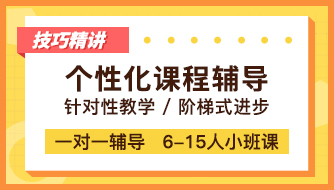
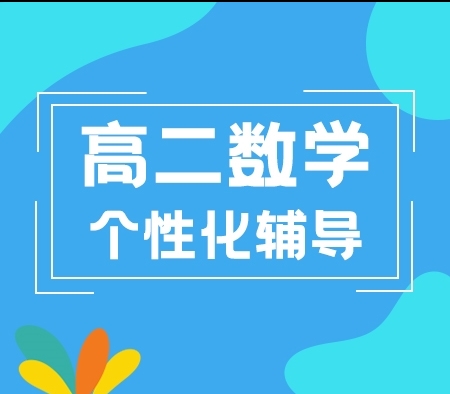


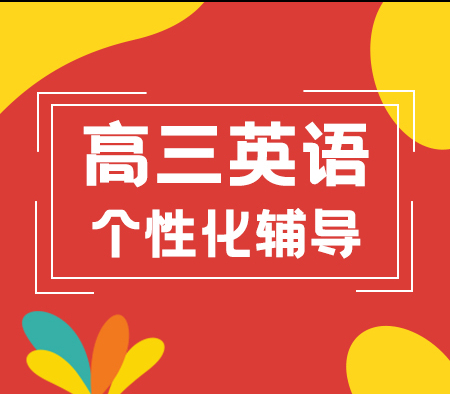

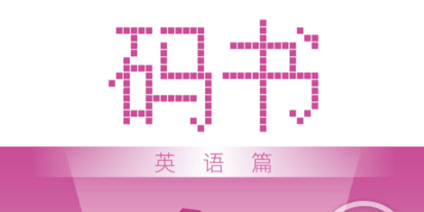
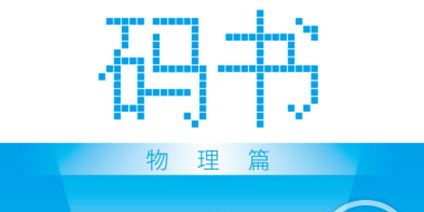
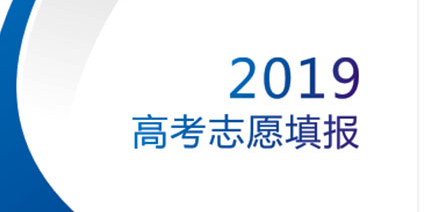
 All right reserved
All right reserved
